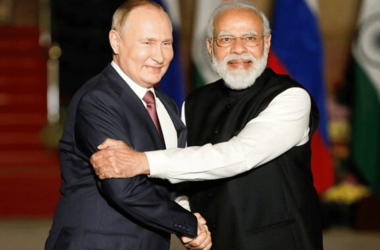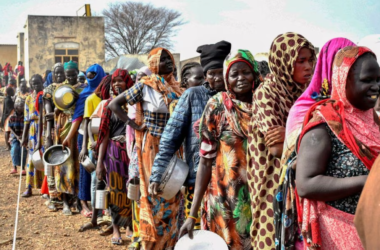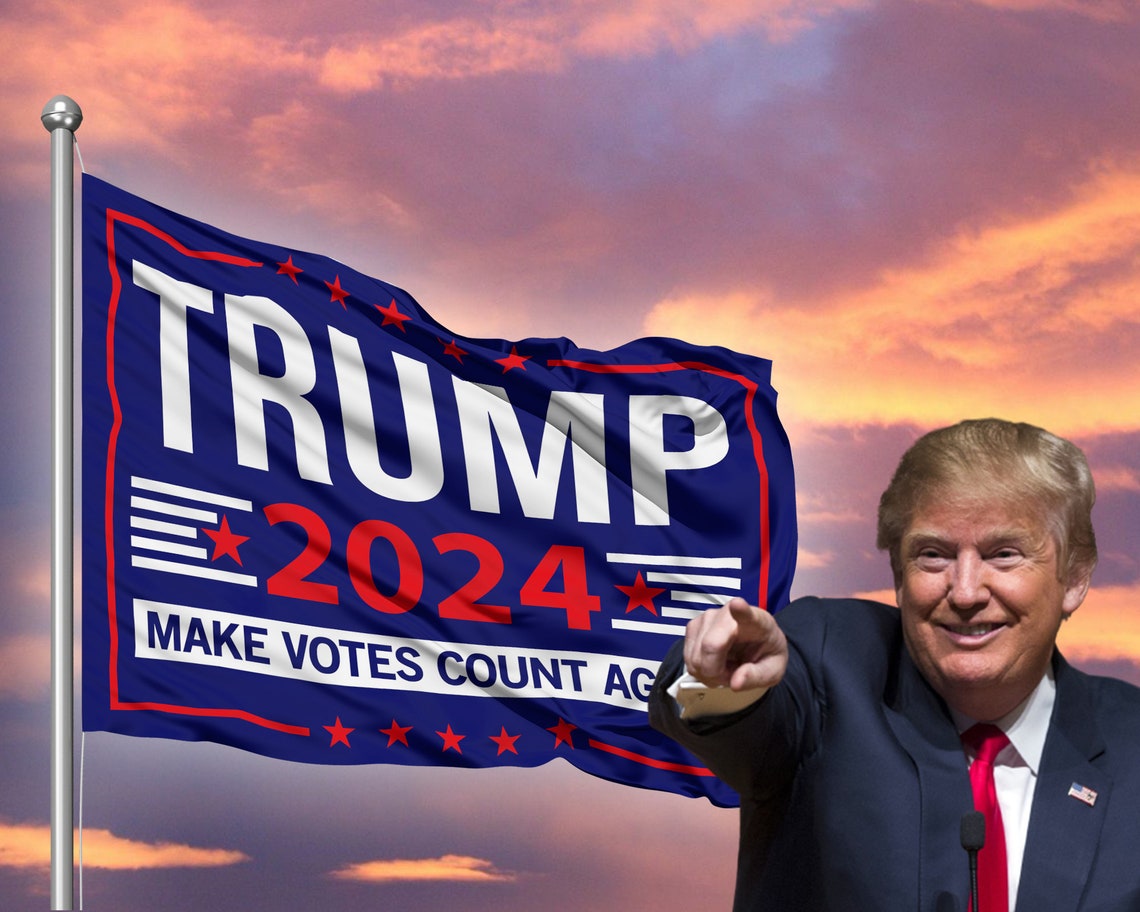This year’s Pride Month has seen a shift in how corporations engage with the LGBTQ+ community. Many companies have adopted a more cautious approach to public displays of support, influenced by political pressures and recent consumer backlash.
June typically sees a surge in rainbow-themed merchandise and affirming advertisements from retailers, aligning with Pride celebrations. Yet, this year, the approach has been notably muted. Companies are treading carefully to avoid entanglement in culture wars or facing backlash similar to that experienced by brands like Target and Bud Light last year.
Tractor Supply, a retailer with a presence in rural America, announced a significant policy shift on Thursday, halting all spending on diversity and environmental causes, including Pride festival sponsorships. The company promised to concentrate on rural-centric initiatives that resonate more with its customer base such as agricultural education, animal welfare, veteran support, and local community engagement. While this move is exceptional in its extent, it reflects a broader trend of cautious corporate behavior.
Luke Hartig, President of Gravity Research, noted that the current political climate, particularly the volatility of the upcoming presidential election, has made companies more hesitant to take public stances on diversity, equity, and inclusion (DEI) efforts. “There’s a little bit of like, ‘keep our heads down while we go through this election,’” Hartig explained.
Recent surveys suggest a slight decrease in overt corporate support for Pride. According to Gravity Research, 45% of Fortune 100 companies posted about Pride on social media as of June 21 this year, down from 51% the previous June.
Despite quieter public posturing, corporate financial support for LGBTQ+ initiatives remains strong. Major companies continue to make significant donations to LGBTQ+ causes. For instance, the opening of the Stonewall National Monument Visitor Center, commemorating a pivotal location in the LGBTQ+ rights movement, received backing from prominent businesses such as Google, Amazon, and JPMorgan Chase.
Despite public support during Pride, many corporations make political donations that appear to conflict with their outward messaging. OpenSecrets, an organization that tracks political spending, found that several companies publicly condemning anti-LGBTQ legislation also contribute significantly to legislators who back such measures.
For example, Delta Air Lines, a visible sponsor of Pride events, donated over $300,000 to Republican candidates in 2024. This includes contributions to Rep. Marsha Blackburn (R-Tenn.) and Rep. Steve Scalise (R-La.), both of whom have histories of supporting anti-LGBTQ legislation. Similarly, Delta’s political action committee (PAC) provided $45,000 to GOPAC and $10,000 to the Alliance for American Exceptionalism, groups known for supporting candidates opposed to LGBTQ+ rights.
MasterCard, another prominent Pride sponsor, has also contributed more than $100,000 to Republican candidates, including notable sums to Patrick McHenry (R-N.C.) and Jim Jordan (R-Ohio), both of whom have opposed LGBTQ+ rights in their voting records.
Booz Allen Hamilton’s PAC split its contributions nearly equally between Republican and Democratic candidates in 2024, giving more than $100,000 to Republicans and $87,000 to Democrats. Among the recipients were Reps. Ken Calvert (R-Calif.) and Mike Gallagher (R-Wis.), both of whom have records of voting against LGBTQ+ protections.
Melissa Michelson, a Political Science professor at Menlo College, describes this phenomenon as “rainbow washing.” She argues that both corporations and politicians engage in this practice to appear supportive of LGBTQ+ rights while potentially gaining financial support or votes. Michelson notes that this behavior is particularly visible during Pride Month, when public declarations of allyship often contrast with other actions taken throughout the year.
“Politicians engage in rainbow washing for the same reason that corporations do because they want consumers, slash voters, slash potential donors to think well of them. And maybe that means you will donate money to them, or maybe you will consider voting for them,” Michelson explained to OpenSecrets.
Consumer brands, particularly those facing direct boycotts, have adjusted their Pride strategies. Target, which faced backlash for its Pride merchandise last year, limited the availability of such products to specific locations this year. Despite these precautions, Target affirmed its commitment to supporting the LGBTQ+ community throughout the year.
Bud Light, which suffered a significant sales drop following a controversial marketing campaign, refrained from publicly supporting Pride this year. The brand’s approach reflects a strategic shift towards more neutral marketing efforts.
While some companies have reduced their public DEI initiatives, others have doubled down on inclusion. E.l.f. Beauty, for example, launched a bold advertising campaign in May, emphasizing the need for representation of underrepresented groups. CEO Tarang Amin stated that standing up for core values is essential, both for making a positive impact and for business success.
Macy’s also maintained its support by highlighting LGBTQ+-owned brands and continuing its long-term fundraising efforts for the Trevor Project, an organization dedicated to suicide prevention among LGBTQ+ youth.
As Pride Month concludes, corporations continue to navigate the complex dynamics of public opinion and advocacy. Some try to appease their actual customer base while others use LGBTQ+ agenda to win over this social group. How genuine is the support for inclusivity remains questionable. Upcoming elections further complicates the situation.








